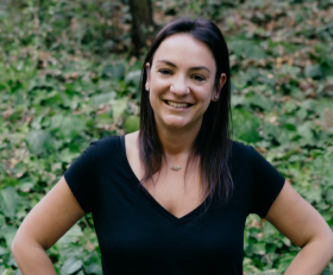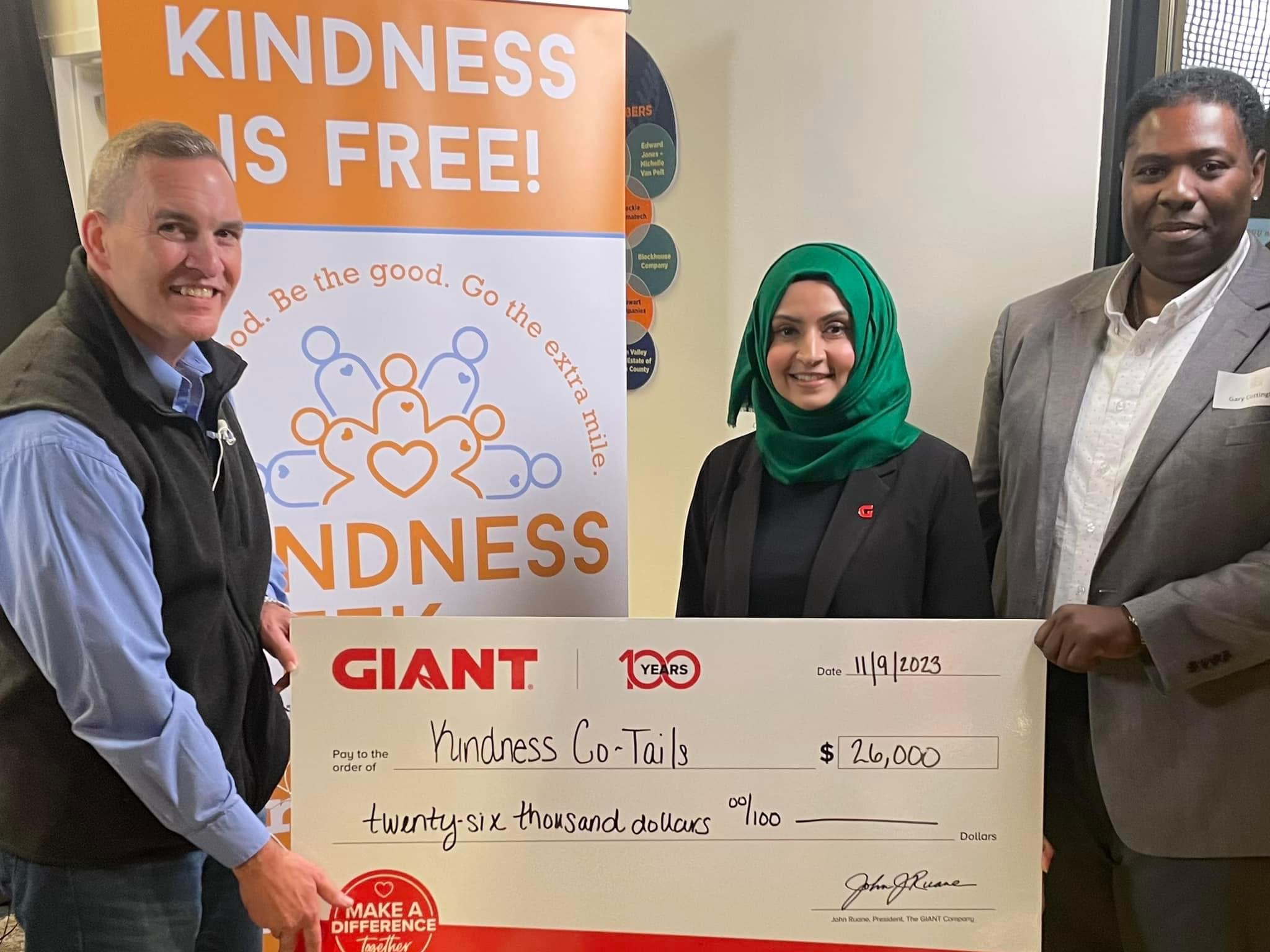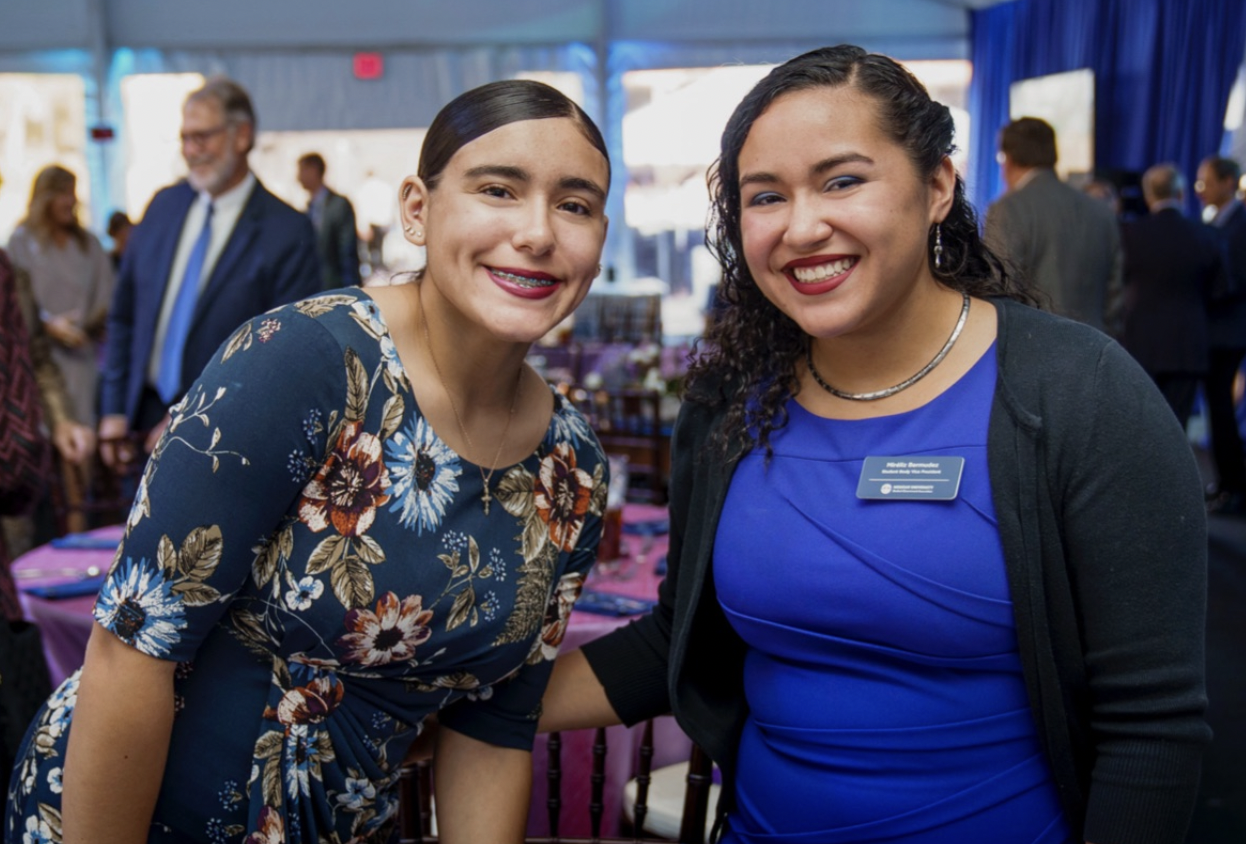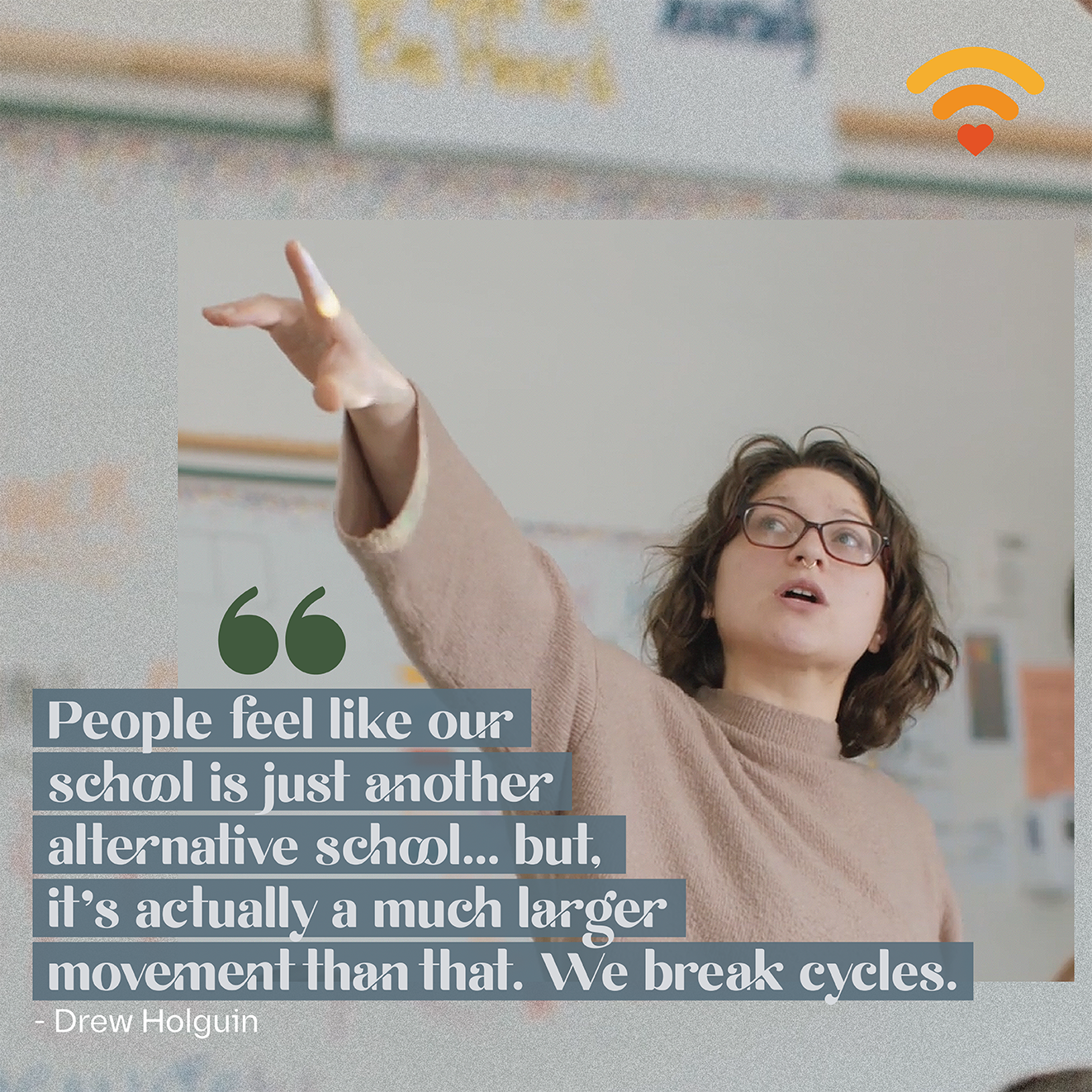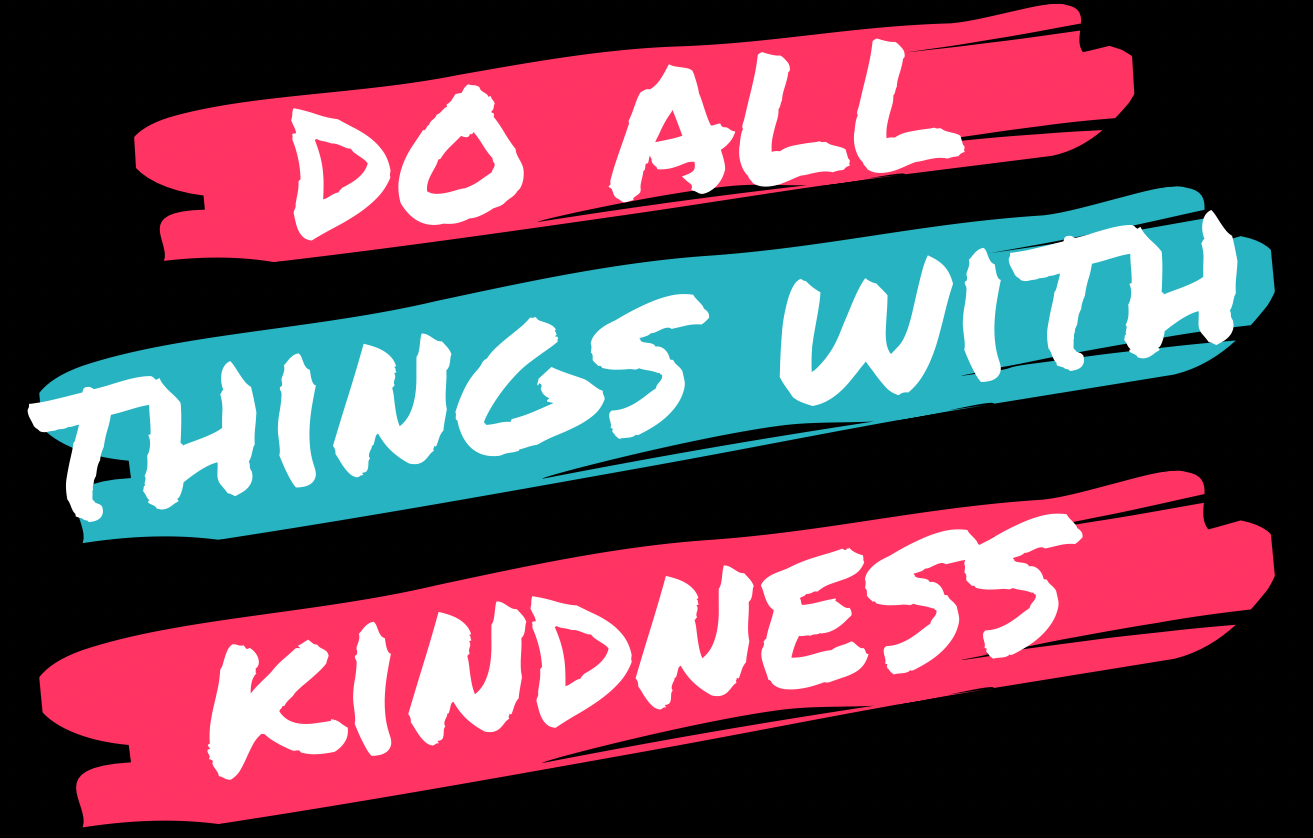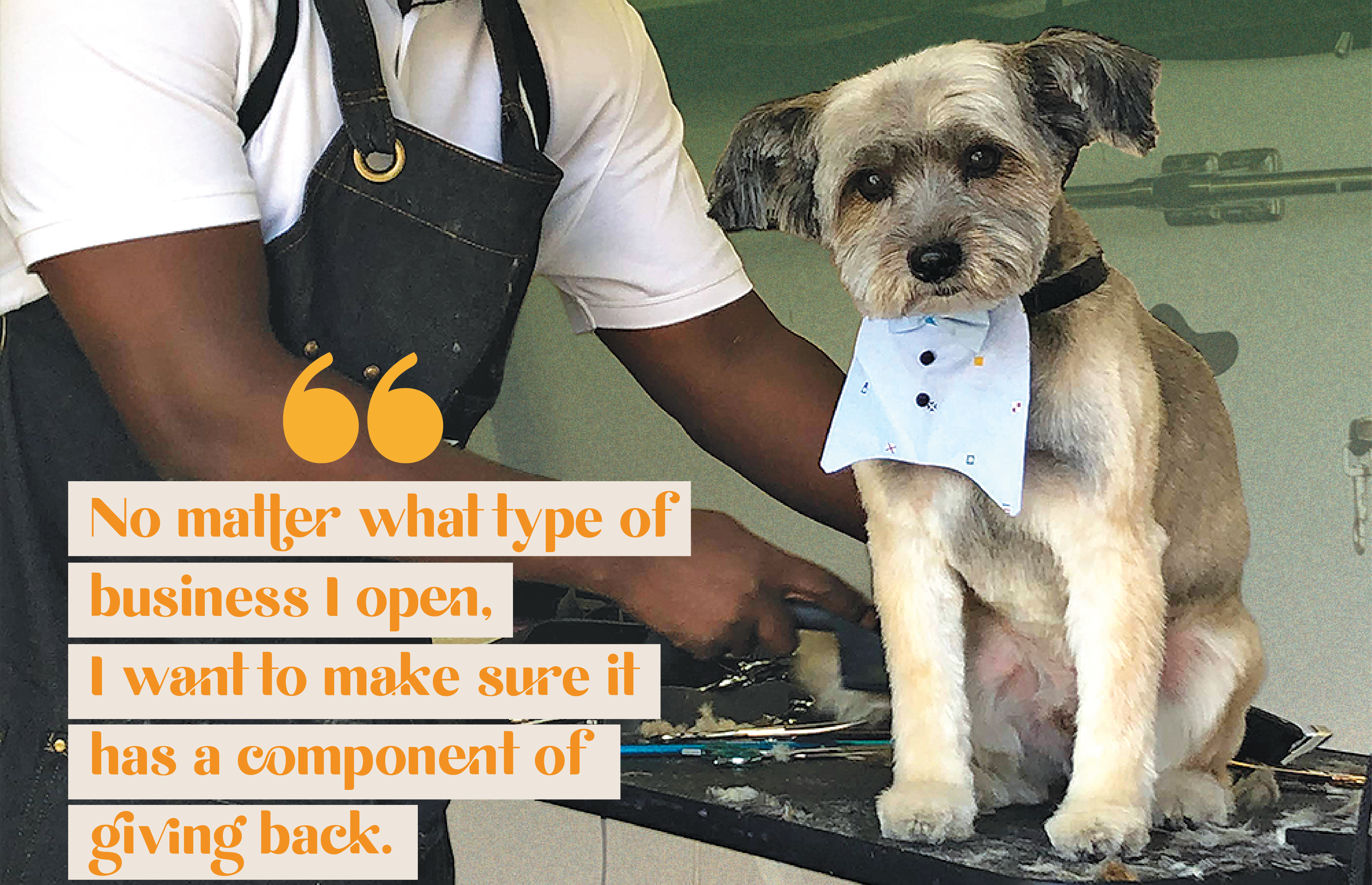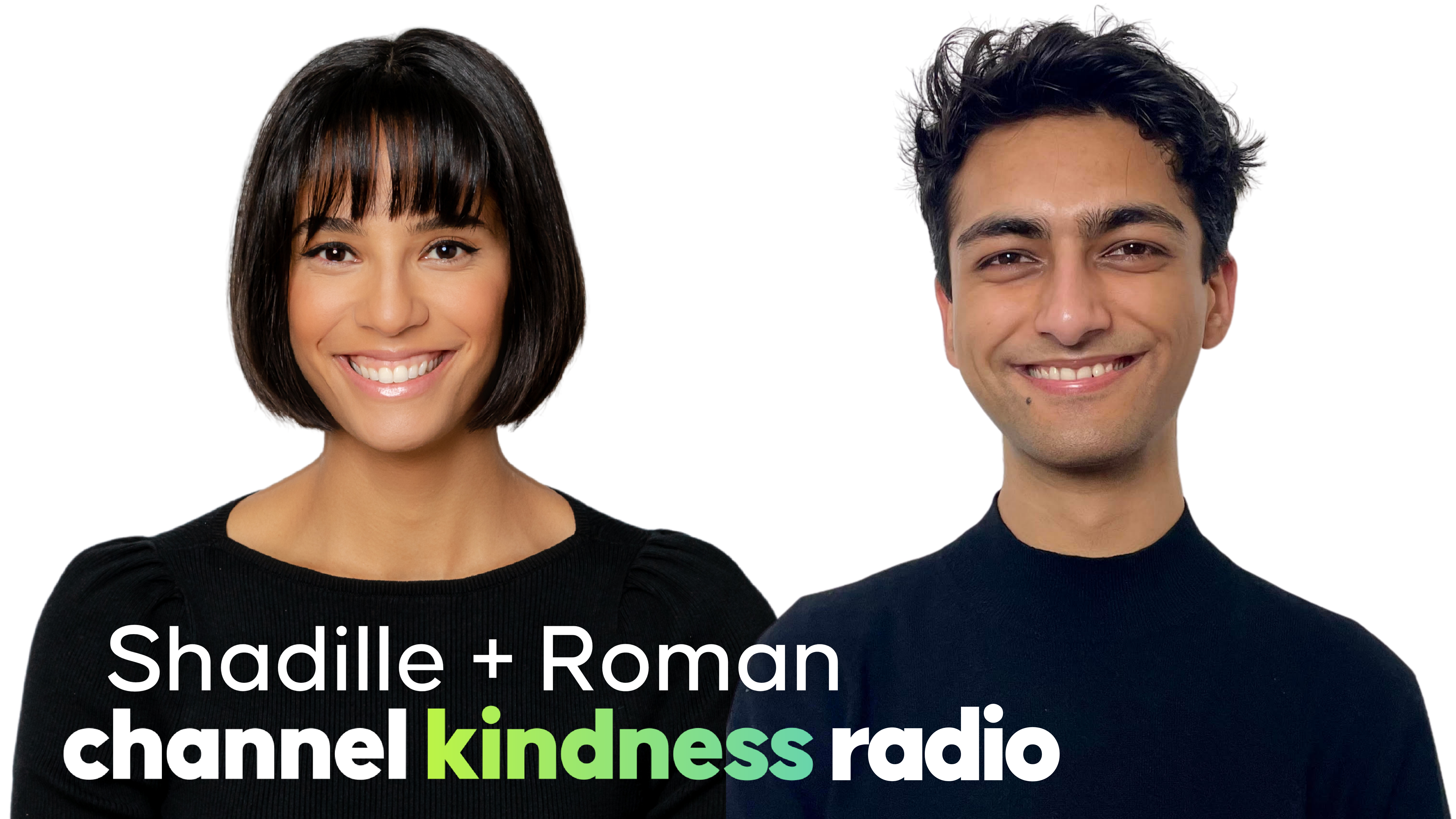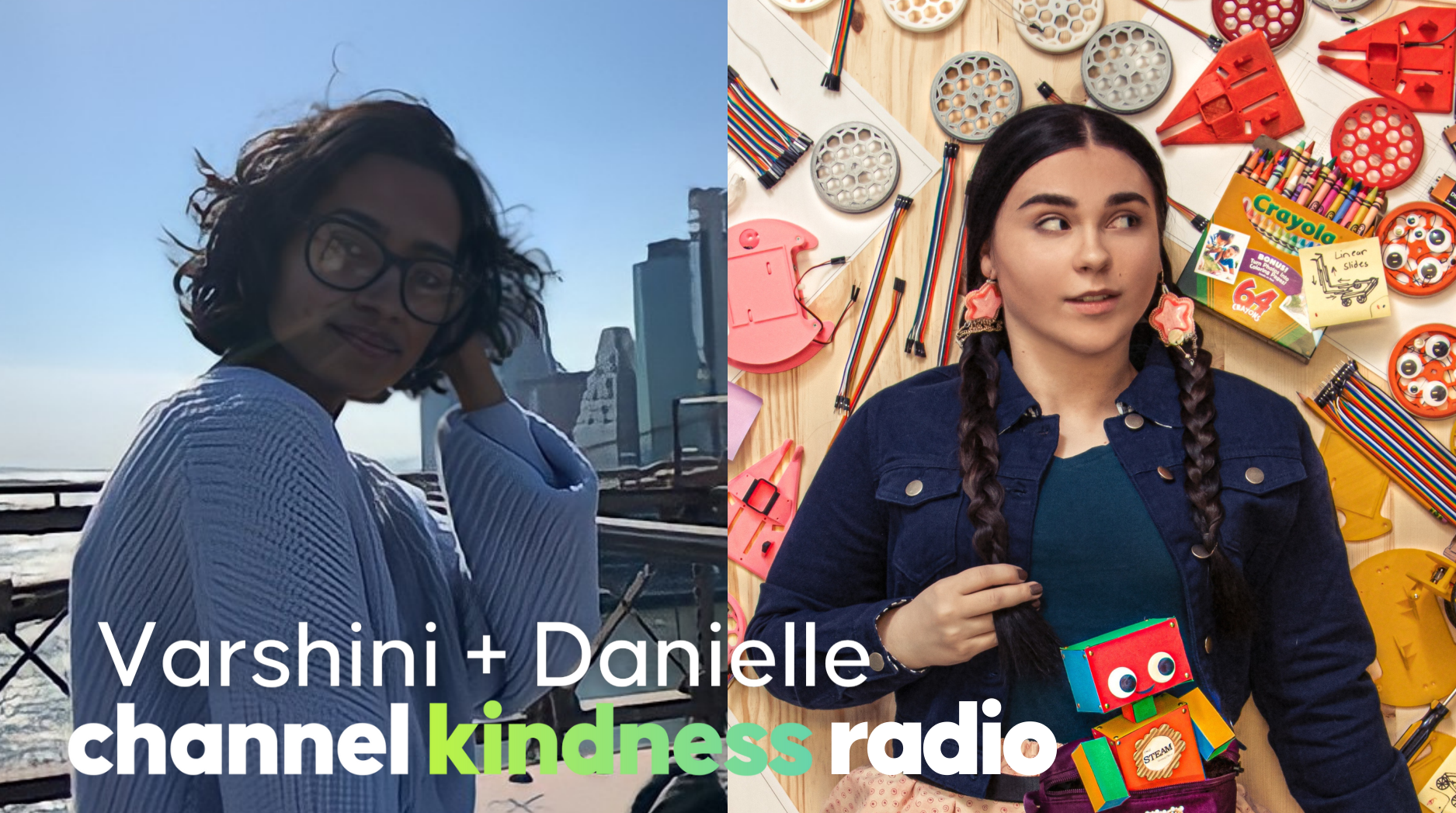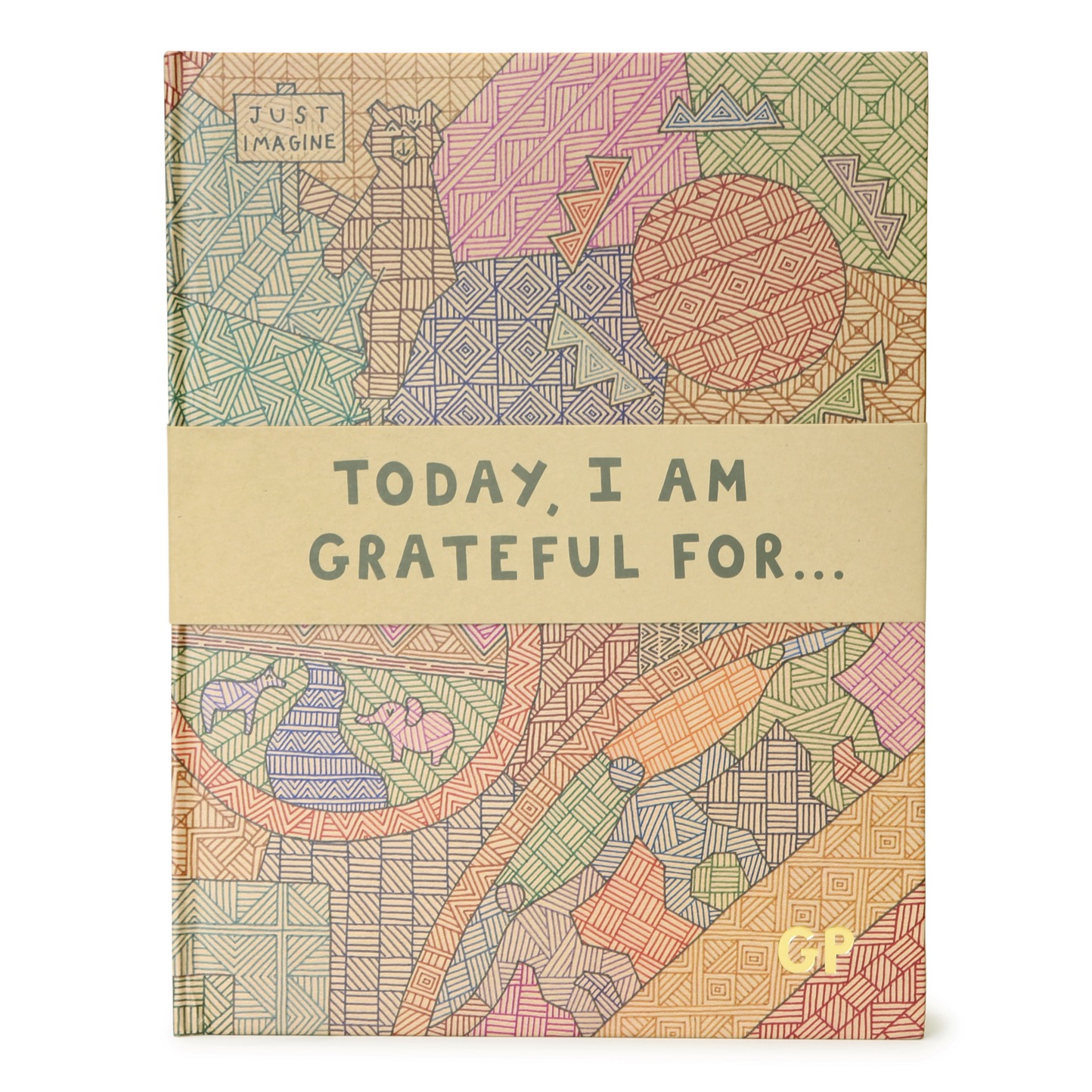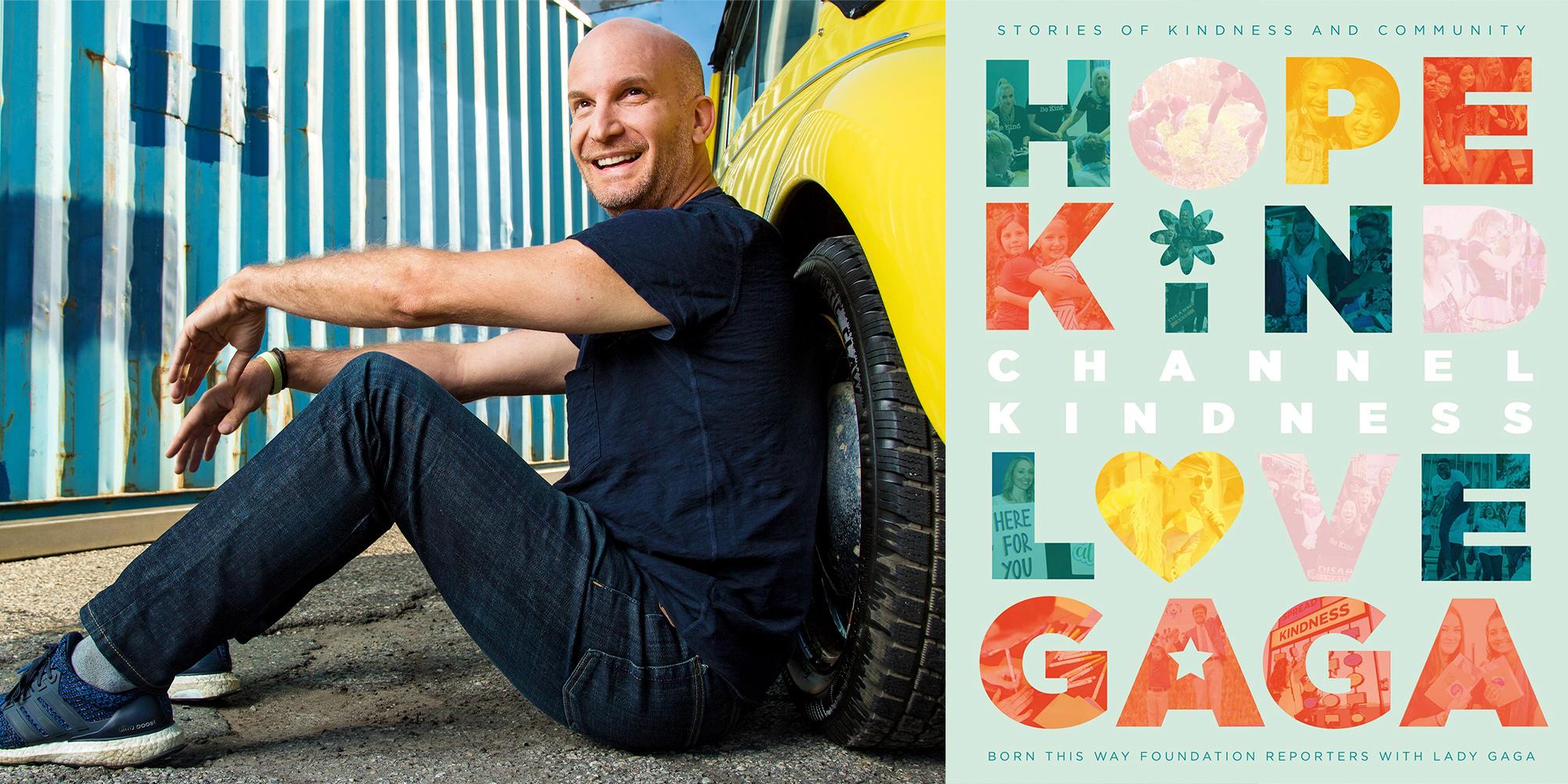We celebrated my son Hunter’s half birthday last week (he’s officially eight and a half!); we celebrate everything in my home and always have. This year, every celebration has taken on additional hope and weight as we search for glimmers of hope amidst overlapping global crises. Even in these uncertain times, I try very hard to give my children everything I think that they need.
While celebrating Hunter’s birthday, I learned a very important lesson on how to Be There, and I have his permission to share it with you today so you can hopefully learn from my mistakes.
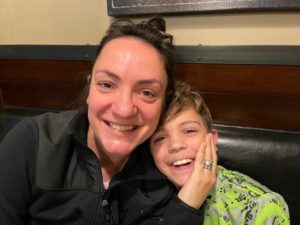
Hunter was walking next to me silently from one birthday activity to the next one, hanging his head and dragging his new sneakers with each step. His “mumpiness” – as we call it here in the Smith family – was offending me. I was making magic, finding creative ways to safely celebrate him and he was the opposite of ecstatic. I ruffled his dirty blonde hair with my palm and asked him, “What’s wrong, Peach?” He didn’t look at me, instead speaking downwards as he kicked a rock between his feet with each forward step. “I am not competing in anything right now. I don’t have a chance to win games. I’m just playing sports, but I’m not competing.” I heard the first four words and my face got hot. I have invested in COVID safe golf lessons, taken conference calls in the car outside of his swim practices, and woken up early on weekends for his soccer clinics. I felt like I had moved the sun, moon, and stars to give him a full, safe, active life during a pandemic.
I started to spit fire. “Hunter, are you really complaining right now!? There are children who can’t even do one sport, much less the ones you’re doing. The idea that you’d be anything less than grateful for how Daddy and I…” He stopped walking and looked up at me; his sudden halt made me lose my train of thought. He replied, “Mama, you asked me.”
As we go into Stress Awareness Month this April and mark a year of the pandemic, I encourage you to take in Hunter’s lesson about how we should be there and show up for others. He was walking next to me, reflecting on how he might be losing his sense of self because he didn’t have competition in sports to which he could compare himself. He didn’t know what game he was playing, who he was playing against, or how he was doing. Hunter was working it out in his own head, ready to have lunch, and go on with his day when I interrupted him, asked him to share those thoughts. When he bravely and thoughtfully shared, I started to punish him for them. “Mama, you asked me.”
I give speeches almost every day where I preach that in order to eliminate the stigma around mental health and cultivate kindness with your loved ones, you need to listen non-judgmentally, resist the urge to compare experiences, and model the type of vulnerability, acceptance, and empathy that you hope they learn and share. Here are a few resources I recommend in case someone shares they’re feeling mumpy with you:
- Go to BeThere.org, a website created by our partners at Jack.org that teaches you how to recognize if someone is struggling with their mental health, lean into the tough conversation, and connect them with support while maintaining your own mental health.
- Visit PleaseStay.us, a resource we created with our friends at Find Your Anchor where you can find mental health information, expert-curated self-care tips, suggestions for anchors, and a pledge you can sign promising to stay.
- Check out this article Cynthia wrote in The Mighty rooted in our research for how families can have open and honest conversations about mental health at home.
If you’re someone hoping to be there for a loved one, know we all make mistakes like I did with Hunter, and it’s ok. But it’s also important for us to use resources to learn and grow so we can support ourselves and others whenever we’re feeling “mumpy.”




